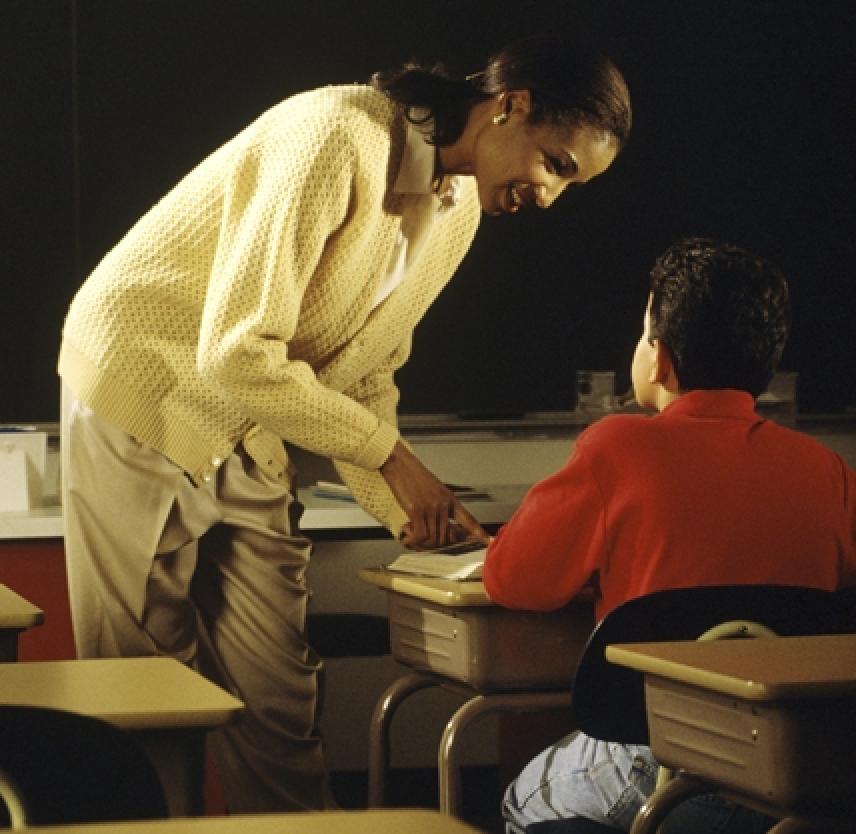Center on Brain Injury Research and Training

If you think one of your students has a traumatic brain injury, the following are some common difficulties to look for:
Communication
- How does the student follow directions?
- What types of directions are most easily followed?
- Spoken directions
- Written or visual directions
- How much structure does the student need to follow directions?
- Does the student often forget verbal directions? Even with reminders?
- How is the student’s vocabulary, rate of speech, grammar and ability to respond to questions?
- What is the student’s ability to carry on a conversation (fluency, ability to track conversation and respond appropriately?
- How are the student’s listening skills? (interrupting the class, asks for repetition of information previously presented or directions multiple times)
Organization
- Does the student become confused, irritated or lost changing tasks within the classroom?
- Does the student become physically lost changing classes – even if it is a familiar route?
- How are the student’s organizational abilities?
Physical
- Does the student show signs of fatigue or irritability?
- How is the student’s dress & hygiene?
- What is the student’s rate of body movements? (slow, halting, rapid or impulsive).
- How are the student’s spatial skills? (getting lost, misreaching)
- What are the student’s motor mannerisms (balance, muscle tone, restlessness)
Academic
- Does the student begin and end assignments independently?
- Are cues needed?
- What cues are needed?
- Does the student stay on task? How long? Under what circumstances?
- Does the student need cues or structure to stay on task?
- Are assignments incomplete or do they have errors that appear to be careless?
Social
- How is the student’s judgment about safety and social situations?
- How is the student’s affect (flattened, aroused, depressed, under responsive)?
Cognitive
- Does the student have difficulty knowing what to pay attention to when there are several distractions?
- How is the student’s attention span? (attentive, distractible, variable throughout the day)
- Does the student have difficulty understanding new concepts in a specific academic area?
- Is the student’s rate of learning and performance slow or reduced?
- How is the student’s behavior (social appropriateness and ability to modify behavior to fit the situation)?
- What is the student’s memory for new learning?
Posted on BrainLine June 21, 2010.
Sources:
Information for this page was adapted from Missouri Department of Education (1987) & Sattler (1998).
Clinical and Forensic Interviewing of Children and Families p. 634.
From the Center on Brain Injury Research and Training. Reprinted with permission.
